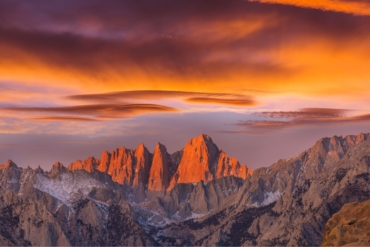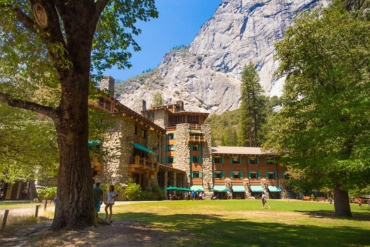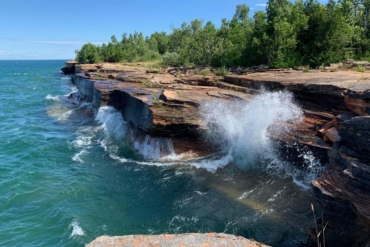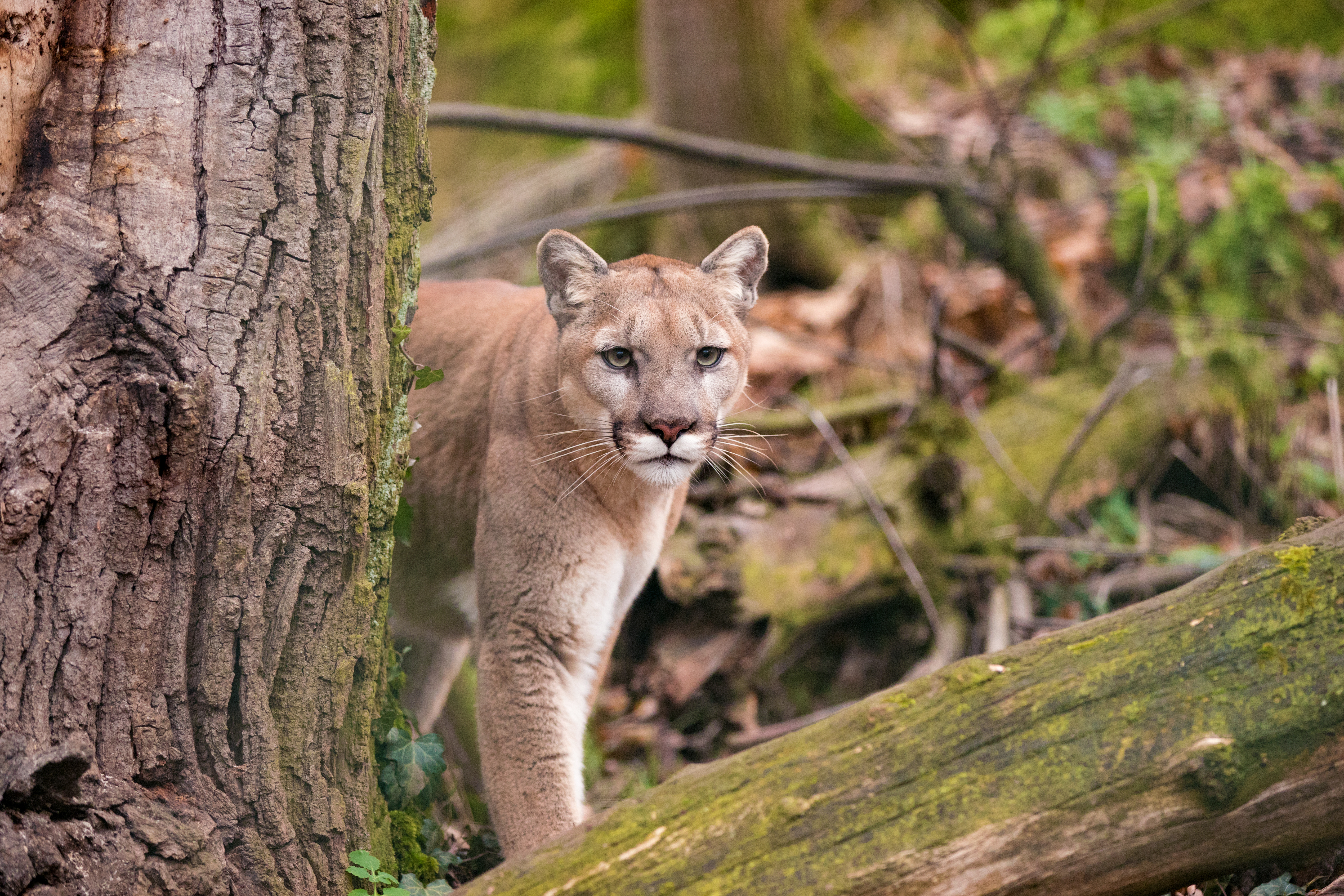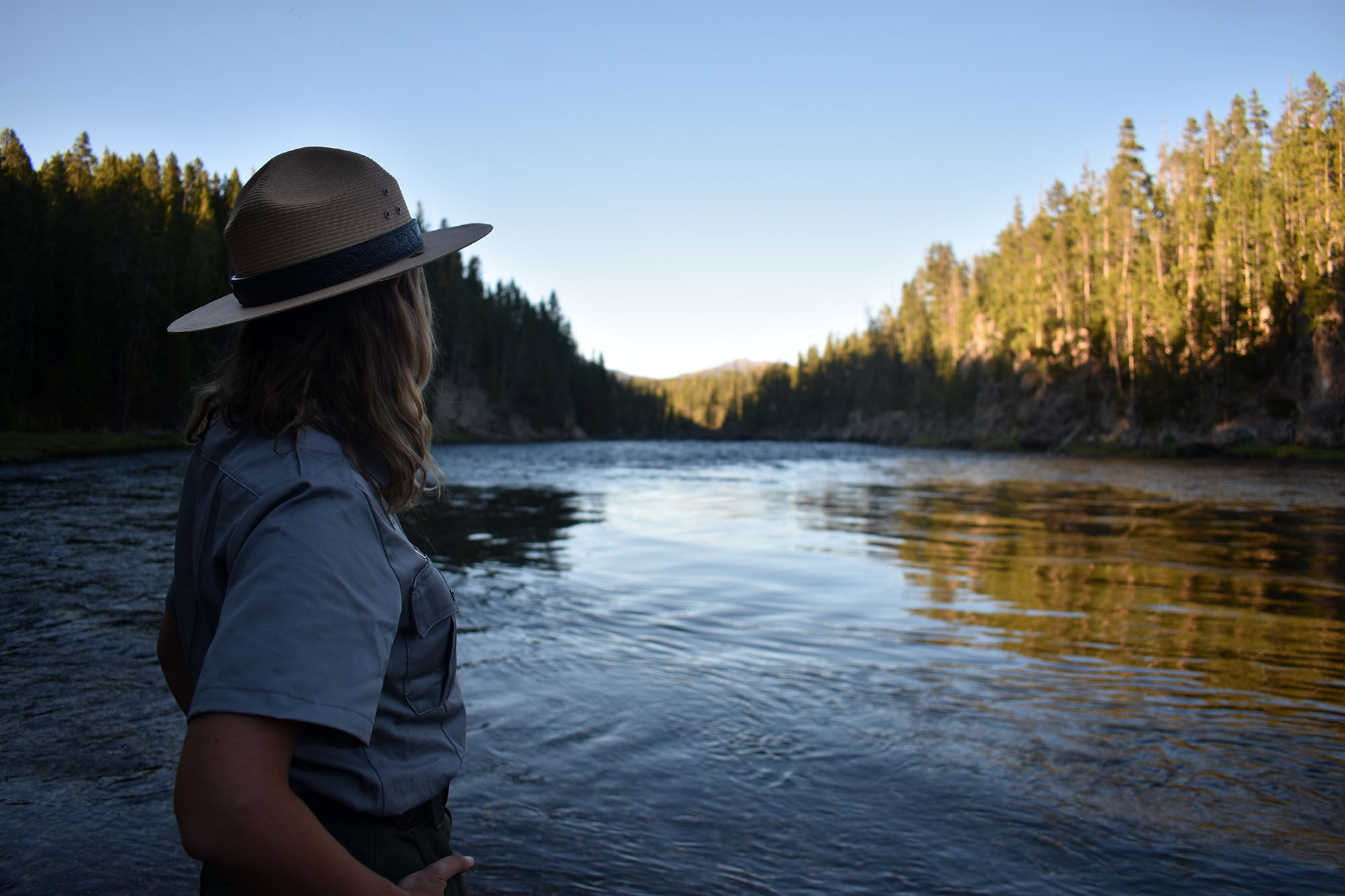From your local hiking path to the Pacific Crest Trail, hikers’ actions make a difference, good and bad. Here our thru-hiking correspondents offer pointers from their time on the trail.

The ‘Packing It Out’ project is not just about a few guys hiking and picking up trash. Its goal is to inspire others to clean their local trails and to educate people on what they can do to keep them pristine for generations.
Article written by Seth Orme, a ‘Packing It Out’ founder.
Paul “Spice” Twedt and I have been living in the woods quite a bit each year. The last three years in a row we have both spent more days sleeping outside than we’ve slept inside. During this time in the woods we have seen some incredible places and have had the opportunity to travel across a variety of landscapes.
But we’ve noticed a lack of trail etiquette. This week I want to call out some of the things we’ve seen, not to point fingers but rather inspire improvement.
Dedication To Good Trail Etiquette
Trail etiquette at its roots is founded on moral grounds. Add in a dash of style and you’re going to be in good shape.

During long distance travel on scenic trails, your day to day actions can have little effect on you, but hugely impact the next person coming through that environment. You are just passing through that place. You don’t live there. You don’t see it daily. You experience it and move on, usually forever.
This is where trail etiquette becomes a critical player, because all those quick jaunts along the trail can really add up fast.
1. Get Educated
Leave No Trace does an amazing job educating others in this area. Now pair this knowledge with the fact that you will not be the only one using the environments you pass through, far from it. In a given season thousands of hikers may pass through any particular area.

I like to imagine that my grandkids are coming to see these places I’m enjoying. Do I want them to have the same pristine and inspiring experience or does it really not matter? I think it matters. This trick always helps me keep on the straight and narrow. Once I put others into the equation and no longer see the situation as one that just involves me, I take more care to do things well…for my grandkids…and for you.
2. Stopping Along The Trail
Deciding to stop hiking for a break or for the night requires you to be diligent in your location selection. Stopping and exploding your backpack in the middle of the trail is poor form. I’ve seen this far too many times on this trail alone. Good form is getting off trail a few yards so people who aren’t stopping can come by without having to step over you or your things.
I always look for a durable surface like a big rock or bed of pine needles under a tree to take a break at. I’ll even sneak far enough off trail so nobody sees me. This can give others the feeling of being alone in the wilderness which is a rich and enlightening experience.
3. Cook, Camp, “Go #2” Away From Water
When it comes to stopping for the night, we all need water to cook dinner and re-hydrate. Make a point to get over 100 feet from your intended water source. Granted, you have to walk a little further to get water but you came out here to hike, right.

This act works two fold. It helps prevent erosion along the riparian corridors that cradle that beautiful life liquid we call water. The other benefit is that it gets your poop further away from said source. Keeping the water source in good condition is always good etiquette. Pooping near your camp and/ or near a water source is poor etiquette. Just think about going over 100 feet for camp and an additional 100 feet away for that fecal matter. Easy, right!?
4. When Nature Calls
Human waste takes a while to break down, and while organic, isn’t natural in the quantity left by hundreds of hikers each summer. The worst thing you can do is try to be a bear and just crap on top of the ground. Take a moment to dig a hole at least 6 inches down. I personally try to go deeper. The goal is to tap into the rich organic soils below the top layer of duff. These rich soils will help break down our organic booty matter.
As simple as all this sounds, you would be amazed at the number of holes we have dug to burry other people’s shit, literally. This is easy stuff to do but takes a little extra conscious effort. Oh and be sure to either bury that toilet paper with your matter or just pack it out. Nobody likes seeing Sharmin blossoms. I promise, our grandkids will thank us for doing this.
Woof…now that we’re through that, dab some hand sanitizer on your hands and let’s move on. Remember, the leading cause of backcountry illness is fecal contamination. Nobody wants to have to leave the backcountry early because they got themselves or their friends sick.
5. Don’t Cut Switchbacks
Last week, I saw a number of long distance hikers moving as fast as they could down the mountain so they could get to town. As a result, they not only needlessly punished their bodies but most importantly, as they were cutting switchbacks, they ruined hours of work put in by trail crews.

Switchbacks are designed to help make steep terrain manageable and prevent erosion. By cutting off the trail to get to the spot below for the sake of distance and time, the trail develops ruts that lead to washouts, serious erosion problems, and braided trails. Eventually, these can really scar the landscape.
Even cutting a switchback once, that single footprint, can enable the next guy to do the same. Then the next, and so on, until it’s a big old mess. Most trails were done right the first time. Let’s savor that walk into town. The burger and beer will still taste good, and our grandkids will be stoked when the trail remains instead of a huge washout.
6. Add Some Style To Your Trail Etiquette
Start by staying organized. It doesn’t matter as much in terms of the physical placement of things as is does the mental effects. It calms the mind and let’s you worry about other things like the present moment. My day starts with comb through my beard and hair. It organizes you and gives that dash of calm and collected style you’re beginning to embrace.
Finish up your dash of style with being clean. Take an extra moment to clean out your meal bowl and to tuck all the tangling things on your pack away. Failing to do even these two acts of cleanliness will always come back to bite you. I really don’t want to come up to in camp while your trying to clean the petrified oatmeal out of your bowl just to give you back your socks and headlamp that fell off your pack, again.
7. Leave No Trace And Strive For Excellence

We are all just people and make mistakes. But if we strive for excellence, we’ll leave a marked improvement for the line of folks behind us.
Leave NO Trace. That doesn’t mean “leave a little trace.” Aim for none. Leave the trail exactly as you found it, or better, even picking up the trash that others left behind.
–Follow the crew on our ‘Packing It Out’ page. To date, the group has hiked 857 miles from the U.S./Mexico border to Muir Trail Ranch near Lakeshore, Calif. Connect with Paul and Seth on Instagram, Twitter, and their blog.

